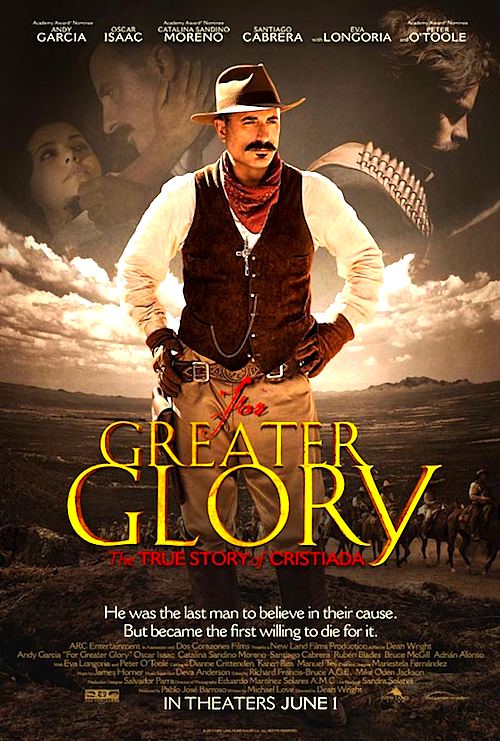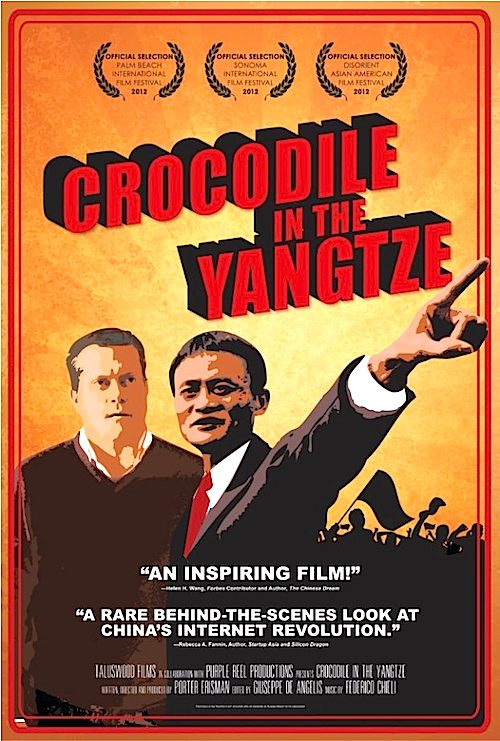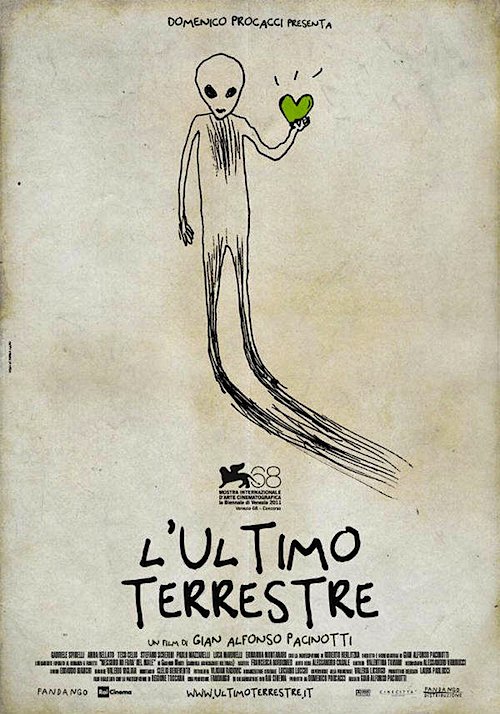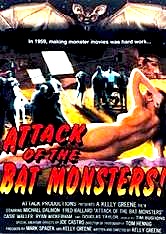By Joe Bendel. It could be said socialist “President” Plutarco Calles made Mexico a holier place. After all, he was ultimately responsible for the canonization of twenty-five Mexican saints, by martyring them during the Christero War. His brutal “anti-clerical” laws inspired a heroic rebellion, however, dramatized in Dean Wright’s For Greater Glory, which would have been thematically appropriate for Memorial Day weekend but which opens this Friday across the country instead.
General Enrique Gorostieta Velarde does not believe in the Catholic faith, but in religious liberty—perhaps enough to even die for it. He has also been offered an unusually high salary to take command of the hardscrabble Christero forces. Before his appointment, the Christero rebels had won embarrassing victories, but they were not considered a serious threat to the Calles regime. However, Gorostieta is a man to be reckoned with.
Calles is a duly elected dictator, who razes churches and executes foreign born priests like the kindly Father Christopher, played by Peter O’Toole (who must enjoy the irony of such a pious role, given his notoriously checkered private life). Glory is not shy about depicting the violent oppression meted out by the Calles forces, most notably with their treatment of José Luis Sánchez del Río, the captured mascot of Gorostieta’s army, who joined the Christeros after witnessing the state-sanctioned murder of Father Christopher. However, the film does not just wave the bloody shirt. Christeros like the legendary “El Catorce” take the battle to the Federales good and hard, heedless of their superior numbers, in several satisfying scenes of vintage warfighting.
 Of course, Glory is a prime example of one of the fundamental laws of cinema: don’t mess with Andy Garcia. Perfectly cast as Gorostieta, he captures both the swagger and the gravitas of the principled man of action. It is easy to see why men would follow him into battle. Just as Garcia looks the part of Gorostieta, Ruben Blades is the near spitting image of Calles, aptly conveying his arrogance and ruthlessness.
Of course, Glory is a prime example of one of the fundamental laws of cinema: don’t mess with Andy Garcia. Perfectly cast as Gorostieta, he captures both the swagger and the gravitas of the principled man of action. It is easy to see why men would follow him into battle. Just as Garcia looks the part of Gorostieta, Ruben Blades is the near spitting image of Calles, aptly conveying his arrogance and ruthlessness.
Santiago Cabrera is also quite a riveting presence as Father Vega, a priest turned guerrilla general, while young Mauricio Kuri is surprisingly poised as Sánchez del Río. It is a strong and accomplished cast, even featuring Oscar nominee Catalina Sandino Morena (for Maria Full of Grace) as Christero fund-raiser Adriana. Though a bit of an undercooked role, she projects a strong presence nonetheless. However, Eva Longoria seems to be dropped into the film merely for decorative effect as Gorostieta’s wife, Tulita. Arguably the most intriguing supporting turn comes from the ever-reliable Bruce Greenwood as American Ambassador Dwight Morrow, sent to broker a deal to keep the petroleum flowing, duly fulfilling his brief despite the twinges of his conscience.
Indeed, Glory shines a spotlight on some conveniently overlooked Mexican and American history. Had Coolidge been more Reaganite and backed the Christeros, the Twentieth Century might have been much more prosperous and pleasant for Mexico. Instead, Calles’s PRI party would dominate Mexico for decades, whereas Calles himself briefly took refuge in America during a period of involuntary exile, where he fell in with the marginalized fascist movement (maybe he even met Morrow’s future son-in-law, Charles Lindbergh). Frankly, he ought to be regarded as one of history’s worst despots.
Granted, Glory is not exactly the most nuanced film, but there is not a lot of room for subtlety in such a brazen episode of religious persecution. Though director Dean Wright’s background is in special effects, he shows a strong aptitude for old school cavalry and artillery battles. (The English language dialogue is a bit of a misstep though, in contrast to the greater authenticity subtitled Spanish would have lent the film.) Pretty stirring stuff, For Greater Glory is earnestly recommended for everyone concerned about state encroachments on religious liberty,and who can still enjoy a sweeping historical tragedy. It opens nationwide this Friday (6/1), including at the AMC Empire and Village 7 theaters in New York.
LFM GRADE: B+
Posted on May 29th, 2012 at 2:58pm.




